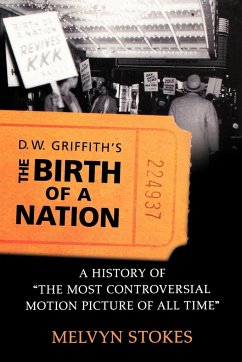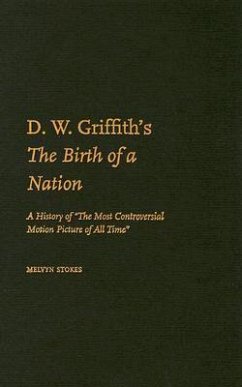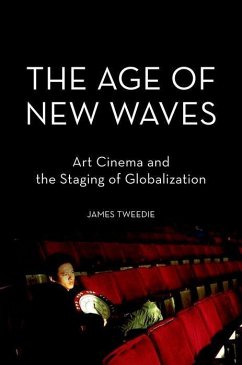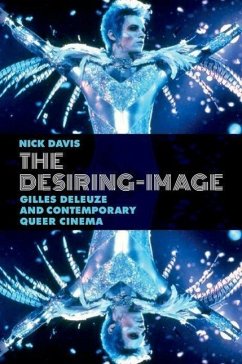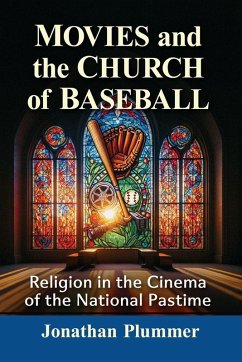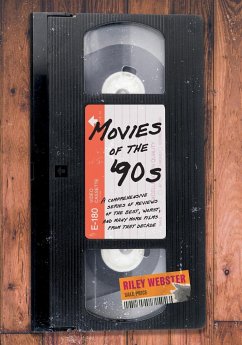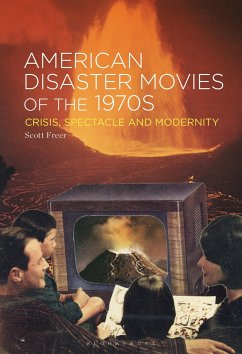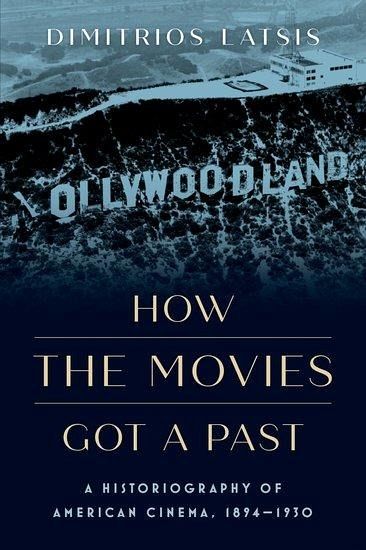
How the Movies Got a Past
A Historiography of American Cinema, 1894-1930
Versandkostenfrei!
Versandfertig in 1-2 Wochen
107,99 €
inkl. MwSt.
Weitere Ausgaben:

PAYBACK Punkte
54 °P sammeln!
How the Movies Got a Past presents a comprehensive survey of the rise of historiographical discourse on cinema in North America as it is reflected in publications, exhibitions, lectures, and films about the cinema as a technology, form of art, and source of entertainment, from its inception up to 1930. This pioneering historiography of American movies proposes a typology of genres of historical knowledge and examines the role that its articulation played in legitimating the moving image as a form of cultural heritage and a field of study. How did early studios seek to understand and promote th...
How the Movies Got a Past presents a comprehensive survey of the rise of historiographical discourse on cinema in North America as it is reflected in publications, exhibitions, lectures, and films about the cinema as a technology, form of art, and source of entertainment, from its inception up to 1930. This pioneering historiography of American movies proposes a typology of genres of historical knowledge and examines the role that its articulation played in legitimating the moving image as a form of cultural heritage and a field of study. How did early studios seek to understand and promote their own activities as part of a brand-new form of entertainment with its own traditions, "founding fathers," and ambitions? How did early writers modulate between retrospection and analysis, between nostalgia and ballyhoo, between journalism and research into the "relics" of the nascent film industry and what were their motivations and influence on subsequent historians? What rhetorical and material platforms were deployed to talk about and show the history of cinema and for what audiences were they meant? In teasing out answers to these and other questions, this book makes an argument for early cinema historiography as an emergent genre with its own conventions and goals instead of a "primitive" version of today's historical writing on the movies. With a wealth of case studies, and illustrations, How the Movies Got a Past will appeal to media historians, silent movie buffs, film archivists, and students alike.





